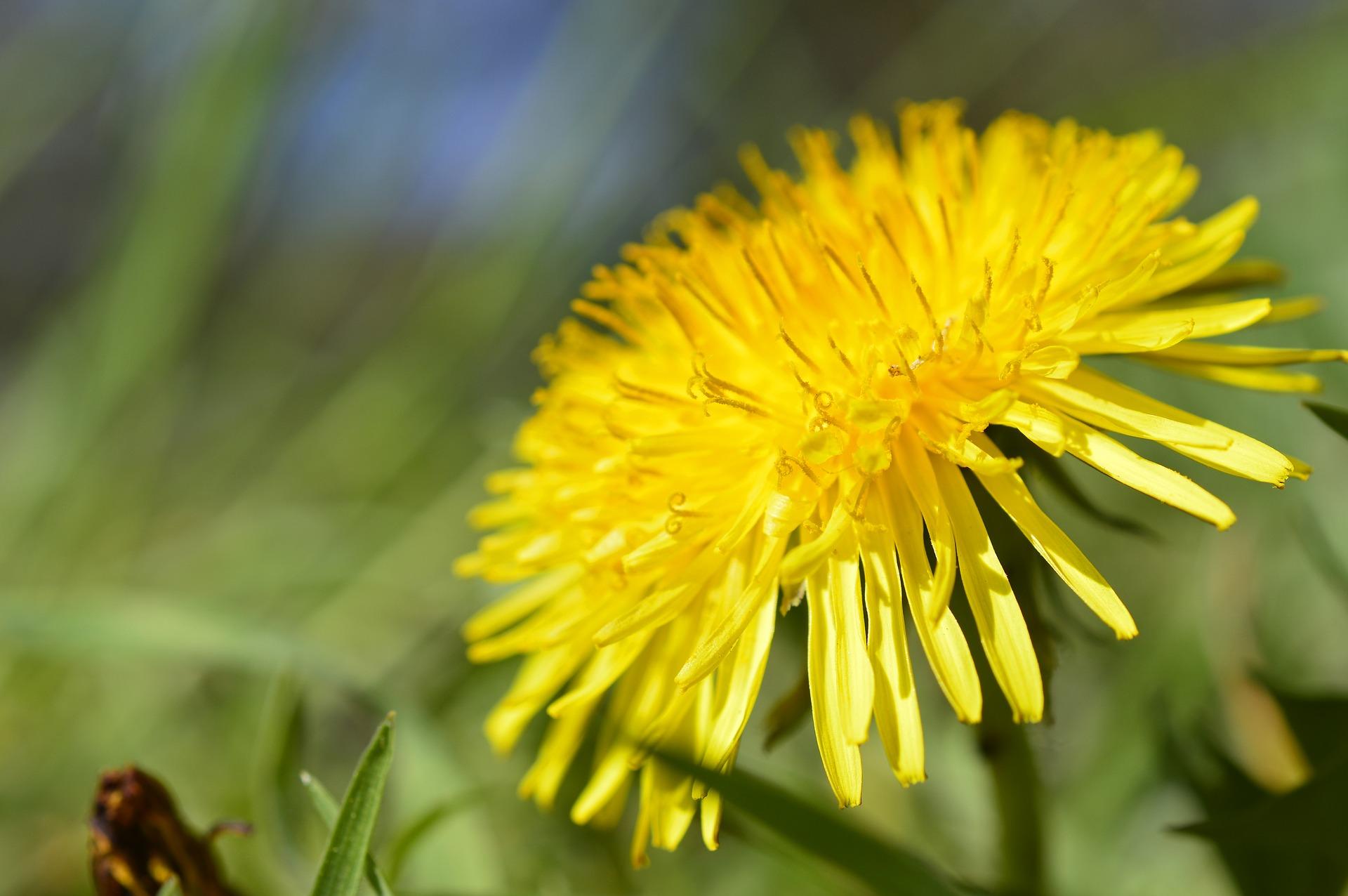Behind the headline: The link between non-Hodgkin lymphoma and weedkiller
Published on: 1 July 2020How strong is the evidence that Roundup® contributes to the development of non-Hodgkin lymphoma?

The BBC has reported that pharmaceutical company Bayer are to pay $10.9bn to settle cancer claims linked to Roundup® weedkiller in the USA.
Bayer produces the Roundup® brand of weedkiller, which uses the chemical glyphosate as the active ingredient. Roundup® has been linked to the development of non-Hodgkin lymphoma and other cancers, although Bayer denies that glyphosate causes cancer, a position that is backed by the US Environmental Protection Agency.
Bayer have said that the payout would 'end uncertainty’ for over 125,000 people filing lawsuits in the USA over the glyphosate-based product’s alleged carcinogenic effects.
But how strong is the evidence and what is the risk?
Glyphosate has been used in weedkillers since 1974 and is found in many different brands. In 2015, the World Health Organization classed glyphosate as ‘probably carcinogenic to humans’. This means there is evidence that glyphosate can cause cancer in animal studies, and a scientific basis for how it might occur. However, the WHO found there was ‘limited evidence’ that it causes cancer in humans.
‘Limited evidence’ means that although an association between glyphosate and cancer has been noted, other factors cannot be ruled out. An association means there is a relationship between two things (in this case, glyphosate and cancer), but it does not necessarily mean that one factor causes the other. Other factors – or even pure chance – could be involved.
Some scientific studies have found evidence for a link between the chemical in Roundup® and lymphoma whilst others have not. A recent overview of the studies available suggests a link with significant use of Roundup® but it is inconclusive. We advise using chemicals such as Roundup® with caution and using appropriate protective clothing and equipment.
Many factors have been associated with the development of non-Hodgkin lymphoma, such as older age, immune system problems, certain infections and some chemicals, including glyphosate. These ‘risk factors’ are different for different types of non-Hodgkin lymphoma. It is difficult to determine exactly how important each risk factor is because there are often only a few people with each type of lymphoma exposed to each risk factor.
Glyphosate exposure is one possible risk factor for non-Hodgkin lymphoma. The level of exposure that has been observed after crop-spraying is generally low. Farmworkers or people who live on farms may be slightly more likely to develop certain types of non-Hodgkin lymphoma, although this could be related to many different chemicals or viruses that might spread from animals.
For an average person, the risk of developing non-Hodgkin lymphoma is very low. Even with risk factors that increase your likelihood of developing lymphoma, the risk is usually still low.
30 June 2020
